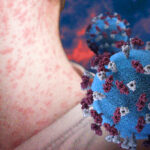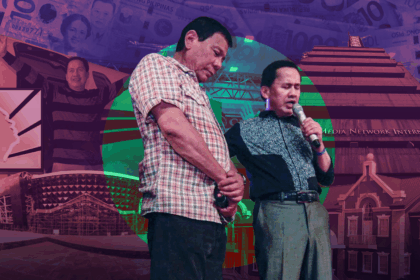Respiratory Syncytial Virus (RSV) continues to pose serious risks to infants, elderly, and those with weak immune systems, recent reports show.
Health experts are working to raise awareness as anyone is susceptible to RSV, but doctors emphasize that it can be more serious for adults over 60, including those with underlying medical conditions, and babies under six months of age.
Understanding RSV
RSV is a common, often silent, but potentially deadly respiratory virus that poses a significant threat, particularly to the most vulnerable populations.
It is a highly contagious virus that spreads through respiratory droplets when an infected person coughs or sneezes, or through direct contact with infected respiratory secretions, such as touching a contaminated surface and then touching your face.
The initial symptoms of RSV often mimic the common cold: runny nose, cough, wheezing, and fever However, in vulnerable individuals, these mild symptoms can quickly progress to severe lower respiratory tract infections requiring hospitalization.
Who does RSV target most?
Globally, the impact of RSV is substantial, particularly on young children. The World Health Organization (WHO) estimates that RSV causes approximately 3.6 million hospitalizations and 100,000 deaths annually in children under five, with nearly half of these tragic deaths occurring in infants under six months old.
The threat is not limited to the very young; in the U.S., data from the Centers for Disease Control and Prevention (CDC) indicates that adults aged 65 and older account for a staggering 60,000 to 160,000 hospitalizations and 6,000 to 10,000 deaths from RSV each year.
How and when does it spread?
RSV spreads through droplets or contact with infected respiratory secretions. The virus worsens chronic conditions such as asthma, Chronic Obstructive Pulmonary Disease, and heart failure.
In the Philippines, RSV cases spike from May to November, the Research Institute for Tropical Medicine (RITM) reports. A 2022-2023 study in Biliran confirmed prolonged RSV activity after the pandemic.
WHO says no specific treatment exists, but vaccines and supportive care are available. Experts recommend handwashing, surface cleaning, and avoiding contact with sick individuals.








